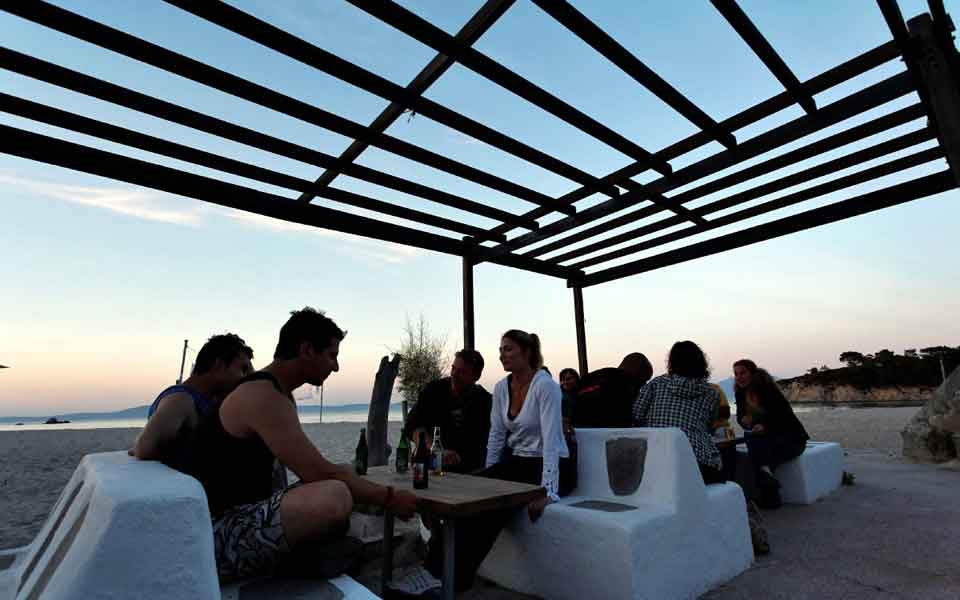Tourism industry monitors global trends

The successful course of Greek tourism toward 2030 requires a transition from spontaneous to targeted development via substantial and integrated planning, in a context of sustainability, taking into account available resources, targets and emerging trends, according to a study drafted for the Institute of the Greek Tourism Confederation (INSETE).
The study on the development of the country’s tourism product is titled “Greek Tourism 2030: Action Plans.” It will be gradually publicized and constitute the basis for the necessary public consultations. It also targets the expansion of tourism activity throughout the year, improving the geographical distribution of tourism demand, and increasing visitors’ average expenditure and time spent in Greece.
The major trends in the sector are the subject of the first section of the study, drafted by the Deloitte-Remaco consortium. They are the trends that drive developments in global and therefore domestic tourism.
– Digital transformation: Digital technology is an indispensable part of the industry, with most tourism enterprises following technology trends.
– Sustainable development: Sustainability in all its forms is gaining ground in the policy and practices of all countries, as well as businesses.
– Hypertourism: Tourism congestion already seen in a number of popular destinations in recent years can only be expected to increase if left unchecked. This is a matter which requires management now.
– Sharing economy: The constant growth of Airbnb-style rentals necessitates regulatory interventions, ensuring fair competition as well as the security of citizens and visitors.
– Social and demographic changes: The increase in the number of older tourists and the emergence of new preferences and trends per age group will have a considerable impact on the course of global as well as Greek tourism.
– Emerging destinations: Places that weren’t previously on the tourism map are gaining popularity as an increasing number of travelers are turning away from mass tourism.
The study also identifies certain pillars for the development of Greek tourism, such as the improvement and development mainly of public infrastructure, the upgrading, innovation and promotion of the product, the digital upgrade and transformation of the tourism ecosystem, the sustainability, the strengthening of skills and the development of entrepreneurship.





